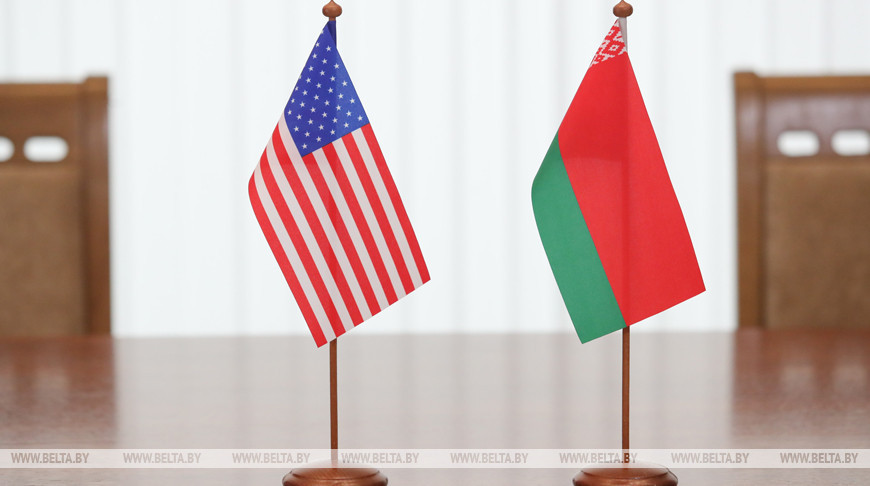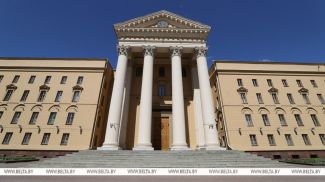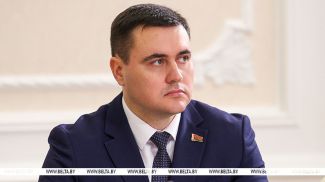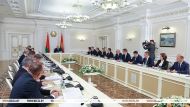
An archive photo
MINSK, 13 June (BelTA) – Building a constructive relationship between the United States and Belarus would generate a substantial windfall for security and stability in Eastern Europe, Mark Episkopos, a research fellow in the Quincy Institute’s Eurasia Program, said in an article published by The National Interest, BelTA has learned.
The author noted that the West’s approach to Belarus has been “on autopilot” since the 2020 presidential election when the United States joined European countries in imposing severe sanctions on the government of President Aleksandr Lukashenko. The sanctions and pressure regime were greatly strengthened after the beginning of Russia's special military operation in Ukraine in 2022.
"This punitive approach yielded none of its desired results. Minsk shielded itself from the Western sanctions hammer by deepening its ties to Russia and pursuing wide-ranging relations with an array of other non-Western actors, most notably China. Years of active Belarusian import substitution, sanctions mitigation schemes, and attempts to cultivate relations with non-Western trading partners have further insulated Belarus from Western pressure," Mark Episkopos emphasized.
The expert believes that the U.S. administration should remain keen on exploiting shorter-term opportunities to advance U.S. interests in Eastern Europe. According to him, the biggest such an opportunity is “a potential normalization deal with Belarus”, which is a critically positioned swing player between Russia and the West and a potentially significant economic hub between East and West.
"Building a constructive relationship with Belarus, one of the few remaining regional swing players between Russia and the West, would generate a substantial windfall for security and stability in Eastern Europe at a time when the United States is seeking to prioritize its presence in other parts of the world, notably the Indo-Pacific," Mark Episkopos stated.
He is also convinced that promoting Minsk’s peaceful relations with its Western neighbors is a direct way of reducing the risks of future escalatory spirals between Russia and NATO.
The author noted that the West’s approach to Belarus has been “on autopilot” since the 2020 presidential election when the United States joined European countries in imposing severe sanctions on the government of President Aleksandr Lukashenko. The sanctions and pressure regime were greatly strengthened after the beginning of Russia's special military operation in Ukraine in 2022.
"This punitive approach yielded none of its desired results. Minsk shielded itself from the Western sanctions hammer by deepening its ties to Russia and pursuing wide-ranging relations with an array of other non-Western actors, most notably China. Years of active Belarusian import substitution, sanctions mitigation schemes, and attempts to cultivate relations with non-Western trading partners have further insulated Belarus from Western pressure," Mark Episkopos emphasized.
The expert believes that the U.S. administration should remain keen on exploiting shorter-term opportunities to advance U.S. interests in Eastern Europe. According to him, the biggest such an opportunity is “a potential normalization deal with Belarus”, which is a critically positioned swing player between Russia and the West and a potentially significant economic hub between East and West.
"Building a constructive relationship with Belarus, one of the few remaining regional swing players between Russia and the West, would generate a substantial windfall for security and stability in Eastern Europe at a time when the United States is seeking to prioritize its presence in other parts of the world, notably the Indo-Pacific," Mark Episkopos stated.
He is also convinced that promoting Minsk’s peaceful relations with its Western neighbors is a direct way of reducing the risks of future escalatory spirals between Russia and NATO.













